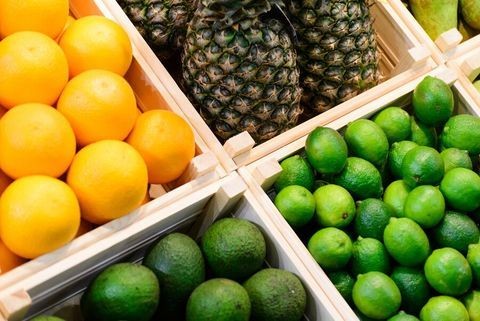COVID-19 Relief Fraud Prosecutions Target Increasingly Sophisticated Schemes
Client Alert | 3 min read | 11.20.20
Eight months into the COVID-19 pandemic, the U.S. Department of Justice (DOJ) and its law enforcement partners are taking an increasingly aggressive approach to investigating and pursuing allegations of fraud related to federal relief programs designed to aid small businesses and their employees. Over the past week, the DOJ announced charges against 11 individuals in connection with two different COVID-19 relief fraud schemes. In each case, the individuals sought to illegally obtain millions of dollars in relief funds guaranteed by the Small Business Administration (SBA) through the Economic Injury Disaster Loan (EIDL) and the Paycheck Protection Program (PPP).
$16M PPP Fraud in S.D. Texas
On November 17, six individuals from Texas and one from Illinois were charged in an indictment filed by the DOJ for their alleged participation in a scheme to obtain approximately $16 million in forgivable PPP loans by filling out at least 80 fraudulent PPP applications. The defendants submitted these applications on behalf of various businesses, some of which they allegedly owned, and some of which were owned by third parties (and for which they allegedly received large kickbacks). The scheme involved the submission of fraudulent bank records and/or fake federal tax forms. The defendants also falsified the number of employees and the average monthly payroll expenses of the applicant businesses, and then laundered the proceeds of their scheme by writing fake paychecks to fake employees (including some of the defendants and their family members), which were cashed at a check cashing store owned by one of the defendants. A Porsche and a Lamborghini were among the items allegedly purchased and seized by federal agents in connection with the scheme. All seven defendants were charged with conspiracy to commit wire fraud and wire fraud. One defendant was also charged with money laundering.
$5.6M PPP and EIDL Fraud in C.D. California
On November 18, four members of a Los Angeles-based fraud ring were charged in an indictment filed by the DOJ for allegedly submitting at least 35 fraudulent EIDL and PPP loan applications seeking over $5.6 million in COVID-relief funds. In making these applications, the defendants used fictitious business names as well as fake, stolen, or synthetic identities. They submitted fake identity documents, and false payroll records and tax documents. Once their applications were approved by the SBA and federally-insured financial institutions, the defendants directed the funds to be deposited into bank accounts that they controlled. Before the scheme was uncovered, the defendants allegedly used the funds for their personal benefit, including to buy luxury homes. All four were charged with conspiracy to commit bank and wire fraud, bank fraud, and wire fraud. One individual was also charged with aggravated identity theft.
Looking Ahead
As the pandemic continues and these types of schemes grow more sophisticated and coordinated, federal prosecutors will continue to prioritize and prosecute this kind of fraud. Indeed, U.S. Attorney’s Offices across the country have created COVID-19 task forces solely for the purpose of rooting out perpetrators of federal relief fund fraud. Further, the Pandemic Response Accountability Committee (PRAC), in collaboration with Offices of Inspector General and other federal law enforcement partners, remains on high alert in detecting and preventing fraud related to federal coronavirus relief programs. The SBA Office of the Inspector General, which reports to the PRAC regarding the use of pandemic funds, has opened dozens of investigations into suspected fraud and issued various reports warning of the pervasiveness of the issue. To that end, lenders, service providers, banks, and other financial institutions should be vigilant about their continued roles in processing applications for stimulus program loans, following Bank Secrecy Act protocols, and other regulatory or statutory requirements, in order to avoid potential criminal or civil exposure for their unwitting roles in schemes that were recently charged. As the government has demonstrated, their efforts to prosecute COVID-19 fraud will only continue to expand.
Contacts
Insights
Client Alert | 3 min read | 04.04.25
GAO Finds Authority to Use Noncompetitive Procedures Is Not Carte Blanche
Most protests involve competitive procurements and the many rules governing how agencies are to conduct such procurements. In certain circumstances,
agencies are permitted to bypass some of these rules and limit competition. But, as GAO noted in a recently issued sustain decision, the authority to use
noncompetitive procedures does not provide the agency carte blanche.
Client Alert | 12 min read | 04.03.25
CMS Issues Marketplace Integrity and Affordability Proposed Rule
Client Alert | less than 1 min read | 04.03.25
Client Alert | 5 min read | 04.03.25
House Settlement Approval Hearing Set for April 7: A Brief Primer






